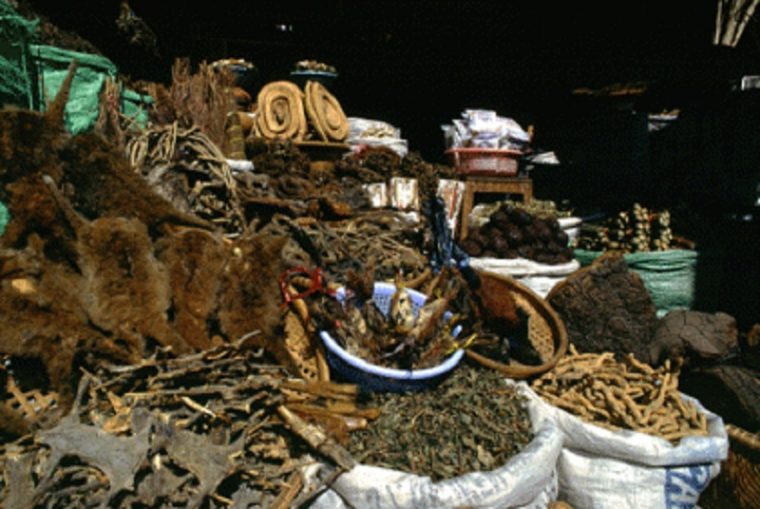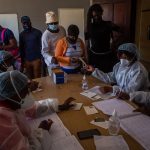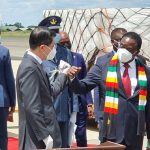HON. DUTIRO: Thank you Mr. Speaker for affording me this opportunity to debate on the issue of traditional medicines. Traditional medicines help people very much. Many people get help from traditional medicines. The traditional healers are always there at home helping people most of the time. Traditional healers help in treating fontanelle (nhova), helping mothers. This means that the job being done by these traditional healers is very crucial. Government must work or make sure that traditional healers are recognised. Recently, we had ZINATHA and this organisation was famous in helping people using traditional medicines. Nowadays, people who consult traditional healers do the consultation during the night. No one goes to traditional healers during the day because it is a practice which is being looked down upon nowadays. Those who grew up through practicing traditional healing methods are grown up people and these are old people. I suggest that the use of traditional medicine must be taught to our children so that our history and knowledge remains intact and can be passed from one generation to the other. Our kids must know what to do or what medicine to use when they experience stomach pains or have eye problems. This must be general knowledge rather than people travelling many kilometers going to the clinic whilst they have the medicines at home. If possible, traditional healing must be included in the school curriculum as a subject so that they know the medicines which are available at their disposal. It also saves a lot of money rather than using traditional medicines from other countries like India and China, yet we have our own medicines in the country. Government must work and make sure that traditional healers operate openly and stigmatisation associated with their line of work is removed. Thank you Mr. Speaker.
HON. MUNETSI: Thank you Mr. Speaker for according me this opportunity to add my voice in support of the ratification of the African medicines. In our daily living, you will discover so many Africans suffer side effects because they have not taken medicine that comes from our natural resources. I support that this ratification be approved. It will assist us to use what belongs to us, to use what was created for us so that we do not have side effects after taking our African drugs. I just wanted to add that point Mr. Speaker, thank you very much.
HON. DR. MURIRE: Thank you Mr. Speaker Sir for giving me this opportunity. I want to add my voice to the issue of ratification of African medicines. I am confident that is the right direction to go. Personally, I grew up in Chipinge, a community where African medicines are in abundance and are applied to everyone who gets ill. In our community Mr. Speaker Sir, African medicine is the first line of treatment before anyone goes to hospital, especially with regards to minor illnesses. Even women who give birth are first of all exposed to African medicines. In my view, ratification would be to the advantage of our country because the application and processing of those medicines would be regulated. Without regulation and the medicines being applied without standards, it means we might lose so many lives because there is no measurement and there is no experiment. It is unregulated and it is done in private. Mr. Speaker Sir, the best way to regulate the application and practice of African medicines is to have this ratification approved by Parliament. I thank you Mr. Speaker Sir.
THE HON. SPEAKER: Thank you very much Hon. Dr. Murire. Tichauya ikoko kuChipinge.
HON. DR. MURIRE: You are welcome Mr. Speaker.
Continued next page
(103 VIEWS)


